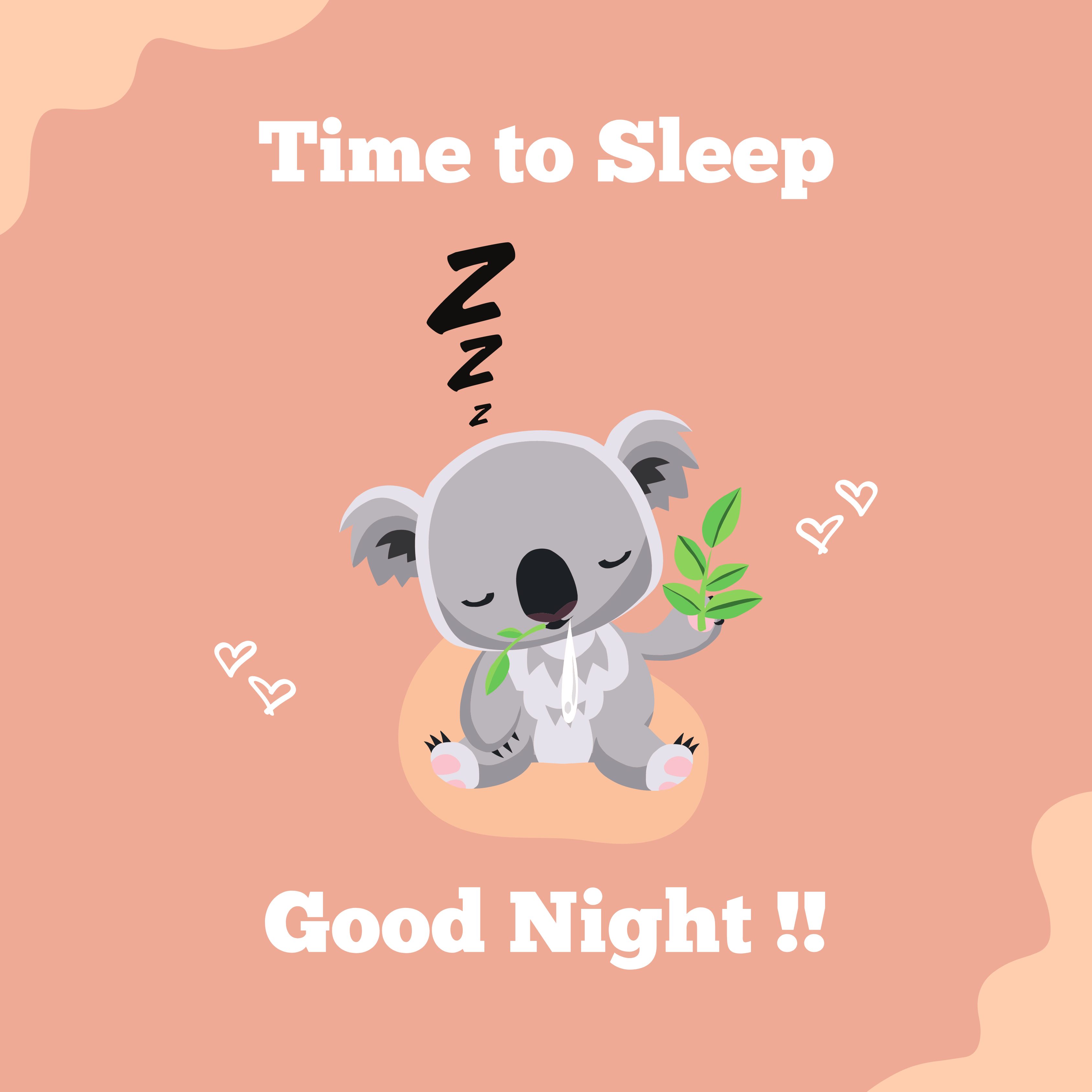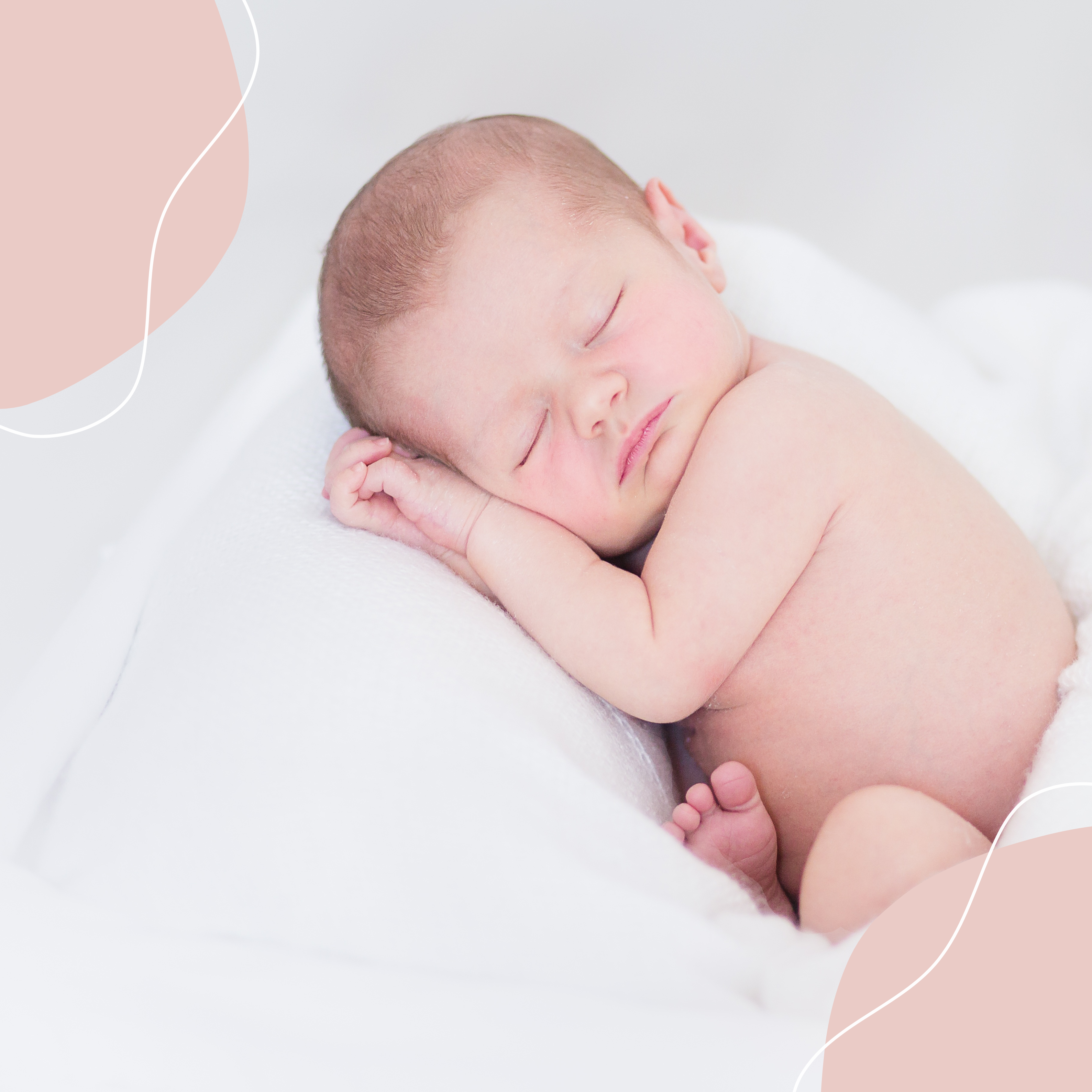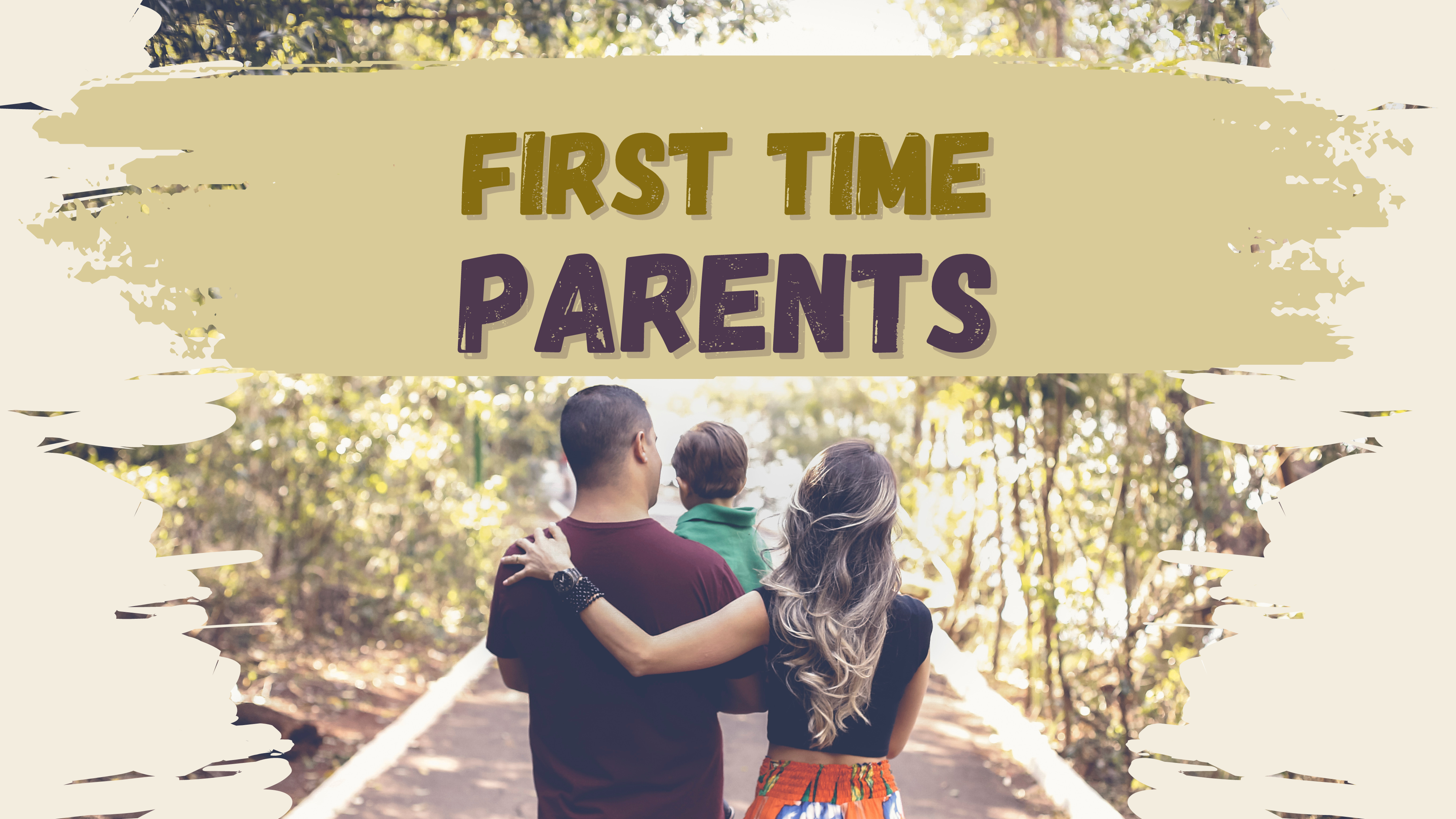
Active Sleep and Newborns
Is your newborn constantly moving or making noises while sleeping? This is known as active sleep. Let me share answers to some common questions I receive about why your newborn may be a noisy sleeper, what active sleep typically looks like, and how you can still manage to get some rest even with a noisy baby.
My newborn constantly grunts and squirms during sleep. Why is my baby so active and noisy while sleeping?
Newborns experience two main sleep cycles: quiet sleep and active sleep, spending roughly equal time in both. Active sleep is similar to REM sleep in adults, but with one key difference: while adults' skeletal muscles are paralyzed during REM sleep, babies' muscles are not. This means infants may move around, make noises like grunts or cries, and even briefly open their eyes, all while still asleep.
During the first few months, your baby’s brain and body are developing essential skills, such as digestion, even while they sleep. This ongoing growth and activity during active sleep often lead to movements, grunting, moaning, and even the occasional cry.
Expert Tip: Parents commonly use the word "grunting" to describe general baby noises, but for healthcare professionals, "grunting" specifically refers to a baby struggling to breathe and can be a sign of distress. While many of the sounds your newborn makes during active sleep are normal, it's important to be aware that certain noises could indicate sickness, discomfort, or breathing issues. Recognizing the difference can help ensure your baby’s well-being.
What does active sleep look like in babies?
Active sleep in babies is characterized by noticeable movement and sounds. During this stage, you might see your baby squirming, stretching, or twitching their arms and legs. Their eyes may flutter open briefly, and they might make various noises like grunting, whimpering, or even small cries. Despite all of this activity, your baby is still asleep. Active sleep is a normal part of their development and helps support brain growth and the learning of essential skills.
Are you telling me not to go help my crying baby in the night?
Absolutely not! If your baby needs you, you'll be there for them. However, it's helpful to pause and observe first.Take a moment to listen to your little one before jumping into action. Give your baby about 30 to 60 seconds before you rush to pick them up. This brief pause can help you figure out whether your baby is simply in active sleep or if they are truly awake and in need of your attention!
Should I ever be concerned about my baby making noises while sleeping?
While many of the sounds your newborn makes during active sleep are perfectly normal, some noises may warrant concern. If you notice any of the following signs, it’s important to contact your doctor or seek medical attention:
- High-pitched, squeaking noises.
- Rapid breathing exceeding 60 breaths per minute that lasts for several seconds or occurs repeatedly throughout the night.
- Signs of struggling to breathe, such as retractions (pulling in between or beneath the ribs), grunting with each breath, or labored breathing.
I understand it can be challenging to differentiate between normal active sleep behaviors and potential issues. If you ever have concerns about your baby’s health, don’t hesitate to reach out to your pediatrician for guidance.
How long does newborn active sleep last?
Newborns spend almost half of their sleeping hours in active sleep. With sleep cycles lasting approximately 50 minutes, this means they spend around 25 minutes in active sleep during each cycle.
When do babies outgrow active sleep?
You’ll probably notice that your baby makes significantly less noise while sleeping after the newborn stage. By the time your baby reaches 3 to 5 months old, their sleep cycles start to transition into more adult-like stages. This shift leads to a decrease in active sleep and, consequently, less noise during sleep.
Expert Tip: Even as your little one transitions to more adult-like sleep cycles, you may still notice a fair amount of movement during sleep. Typically, those active little sleepers start to settle down significantly around the age of 5 months.
My baby is active, noisy, and making grunting sounds in their sleep. And with all of this going on, I can’t sleep! What can I do?
Your sleep is crucial for the well-being of both you and your baby. Now that you understand newborn active sleep, here are some tips to help minimize disruptions during the night:
1.Position the bassinet farther away. Consider moving it across the room or even into a well-ventilated closet or bathroom.
2.Set up a sound machine. Place it between you and your baby.
3.Lower the volume on the monitor if your baby is sleeping in a different room.






